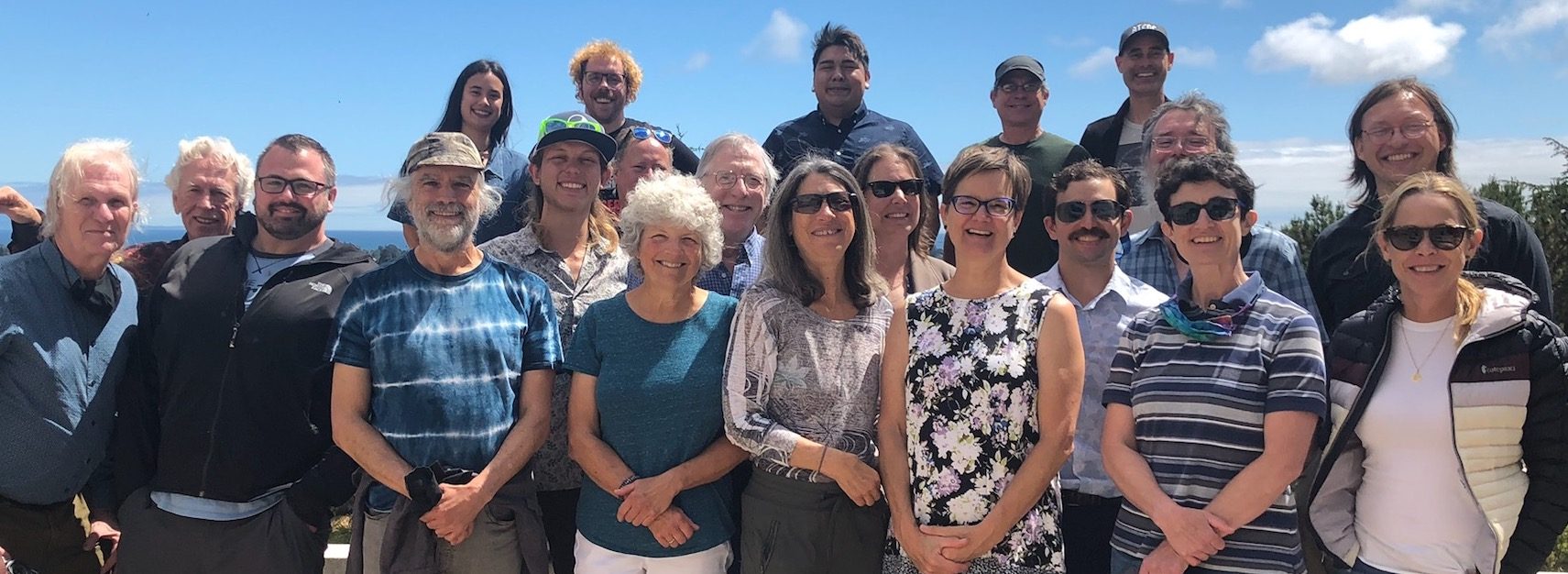The opinions expressed here are those of the author, Cath Tyner, and do not necessarily reflect those of the University of California Santa Cruz or any of its units.
Maybe it’s just me, but I can clearly remember the excitement of getting brand new sparkly shoes as a young kid. Half the excitement was picking out the shoes – my siblings and I would try on every potential new-shoe option. There were high standards, of course; rigorous criteria that had to be thoroughly discussed and tested. Could they make you jump SUPER high? Low tops or high tops? Classic laces or cutting edge velcro? After finally picking out the perfect pair and racing to put them on with maniacal laughter, the reality set in. New shoes. Ahhhh. The excitement of showing off my new kicks at school was only one night away.
That’s a little bit how we all felt when we unveiled the brand new sparkly Genome Browser gateway page earlier this week. This was a project that had been “in the works” for quite a long time, starting from ideas and drawings, moving into design phases, and finally maturing into many iterations of testable versions as the development process gained its own momentum. This project soon had a life of its own – we all became shepherds as we guided it into what we finally knew was a final product.
The things we are most excited about? We’ve already received feedback that the new human-centric phylogenetically ordered tree menu is downright awesome (and we think so too). For me, the graphics and colors pull me in, inviting me to visually scroll through our entire genome species collection. With a flick of the scroll handle on the tree menu, I can zip from “us humans” all the way down to sea hare or Ebola virus; within two seconds, I’ve just traveled through millions and millions of evolutionary years. Based on NCBI’s taxonomy database, the “tree menu” provides an interactive way to explore our genome species collection. Little known fact: Try hovering over one of the “branches” of the tree (the horizontal and vertical lines connecting all species) and see what you find!
Another exciting new feature that makes our eyes light up is the autocomplete search function and “popular species” button shortcuts:
We know that over 95% of you will benefit from our “popular species” buttons as quick access shortcuts to the genomes that you use most. We also believe that just about everyone will benefit from the autocomplete search function. For example, you can enter “fish” to see genomes from our aquatic friends, or you can enter something as specific as “hg38” to load a particular assembly version. With a whopping 276 genomes and counting, autocomplete search is a celebrated new feature! The same autocomplete function works great for our public genome hubs; try typing “plant” to see related hubs.
Want to jump to your favorite gene in the genome browser? The “position/search term” functionality remains just as efficient – just enter a genomic position, gene symbol, or search term, lean back in your comfy chair, and press “GO.” You’re there.
To see more details, including a few menu option changes, visit the gateway announcement on our news page and watch the short gateway video tour.
We sincerely hope you enjoy the new gateway page as much as we do – and as always, we invite you to contact us with questions, concerns, and compliments. 😉
If after reading this blog post you have any public questions, please email genome@soe.ucsc.edu. All messages sent to that address are archived on a publicly accessible forum. If your question includes sensitive data, you may send it instead to genome-www@soe.ucsc.edu.



